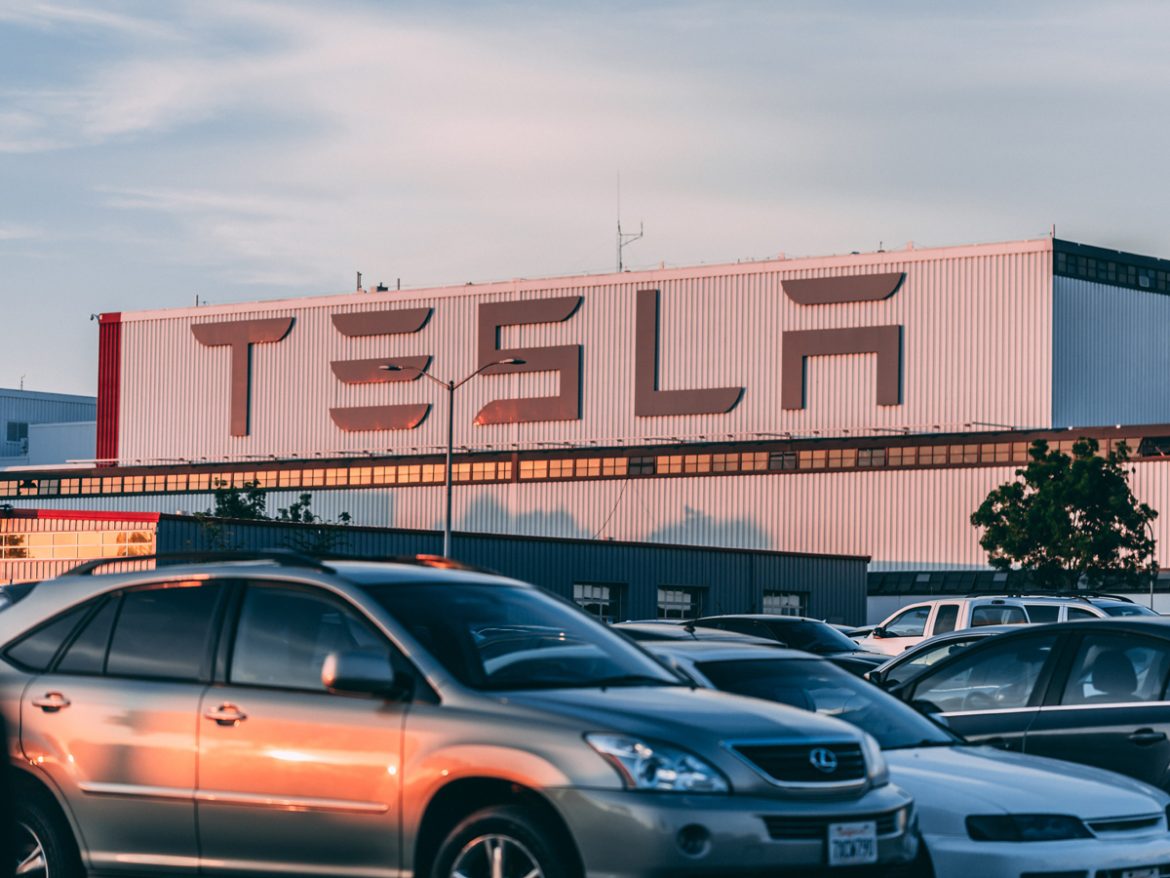In a recent ruling, a Florida judge has determined “reasonable evidence” suggesting that Tesla CEO Elon Musk and other executives were aware of a defective Autopilot system in the company’s vehicles. Despite this knowledge, they allegedly permitted the cars to be operated unsafely. The ruling, not previously disclosed, allows the plaintiff in a lawsuit over a fatal crash to proceed to trial, bringing punitive damages claims against Tesla for intentional misconduct and gross negligence.
Background of the lawsuit
The lawsuit stems from a 2019 crash in Florida, where a Tesla Model 3, owned by Stephen Banner, collided with the trailer of an 18-wheeler, resulting in Banner’s death. The judge’s decision allows the trial to move forward, challenging Tesla on allegations of intentional misconduct. The case had been scheduled for October, but the trial was postponed and has yet to be rescheduled.
Significant implications for Tesla
The judge’s summary of the evidence reveals potential “alarming inconsistencies” between Tesla’s internal knowledge and its public statements. The ruling poses a setback for Tesla, which had previously won two product liability trials in California related to the Autopilot system earlier in the year. If the case proceeds to trial, it could expose Tesla and its CEO to uncomfortable scrutiny regarding their marketing claims and internal awareness of Autopilot system issues.
Judge highlights marketing strategy and autopilot failures
The judge found evidence that Tesla pursued a marketing strategy presenting its products as autonomous, influenced significantly by Musk’s public statements about the technology. The ruling also draws parallels between Banner’s crash and a 2016 fatal accident involving Joshua Brown, where the Autopilot system failed to detect crossing trucks, resulting in vehicles colliding with a tractor-trailer.
Inadequacy of warnings in manuals
The judge acknowledged that the plaintiff, Banner’s wife, could argue to jurors that Tesla’s warnings in its manuals and “clickwrap” agreement were insufficient. This raises questions about the effectiveness of Tesla’s communication regarding the limitations of the Autopilot system.
Potential impact on Tesla’s CEO and engineers
The judge’s opinion suggests that a public trial may unfold, presenting testimony and evidence that could be challenging for Tesla and Elon Musk. The outcome of such a trial could include a verdict with punitive damages, highlighting the legal risks faced by the electric car manufacturer.
As Tesla navigates legal challenges related to its Autopilot system, the ruling in the Florida lawsuit introduces complexities and potential reputational damage. The judge’s findings open the door for a deeper examination of Tesla’s actions and statements, placing the company under increased scrutiny in the ongoing debate surrounding autonomous driving technology.



